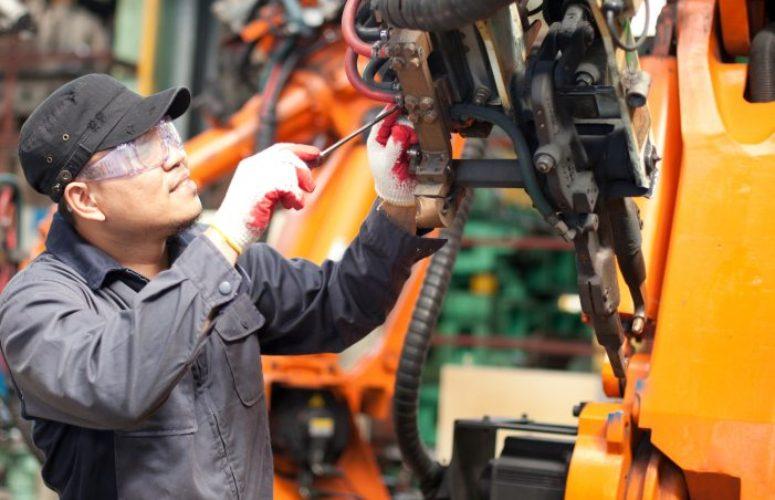
Positioning Yourself for Success Post-COVID19
Excelling in the New Reality
By Barry Cohen On May 11, 2020Fully the entire U.S. population was blindsided by the current health-economic crisis.
Nobody but nobody was prepared for it. Furthermore, nobody envisioned the nearly cataclysmic, far reaching impact the crisis would land upon us.
That said, while the vast majority of us are reeling from the shock and still trying to find our way through the current situation, we have the means to think and plan for what lies ahead, on the other side of C19. Assessing the future involves projecting the following considerations:
- What will change
- How to adapt to the changes
- What will remain
- Skills you still need in order to succeed
What Will Most Assuredly Change
Beyond the obvious potential changes in consumer lifestyle habits such as more home-based entertainment, some diminution of participation in external activities such as spectator sports and live concerts, we can expect wholesale changes in both consumer and business purchasing habits.
Without question, expect even more e-commerce than ever before. As consumers found it necessary to procure nearly everything online during sequestration, many more will continue the habit. Convenience has always ruled the modern U.S. economy. Now, it’s ultra-convenient to avoid foul weather, save time for other preferred activities, avoid crowded brick and mortar malls and even experience more secure personal safety from the comfort of home.
Expect less business travel. It has proven expensive, cumbersome with all of the airline restrictions and just plain unnecessary to accomplish many transactions. As companies emerge from the crisis, cost cutting will undoubtedly become a priority and business travel will likely find itself under the axe.
While so many of us found it absolutely served our needs during the crisis, count on seeing more reliance on virtual connection. If it worked, why discontinue it? A natural outgrowth of less business travel and more reliance on virtual connection will likely result in more globalism in business, with less of a focus on localism.
For better or for worse, considering the trend toward increased use of technology, fewer face-to-face interactions and more globalism, we can expect business to become even more transactional and less relational. Add to this the newfound love for artificial intelligence, and you can feel the shift in the winds of trade. Count on having less control over the sale.
How to Adapt to the Changes
In order to ramp up your e-commerce and handle the increased virtual interaction, robust connectivity is a must. Everyone will need to upgrade to handle more data and more speed. The providers of these services will become the winners in this scenario. With that robust connectivity comes the demand for increased security. The more we transact online, the more exposed and vulnerable we become. In order to compete and to excel in an increasingly internet-driven environment, we also need to improve our online presence—or risk disappearing in cyberspace. This means you have to up your game in every way—creating and promoting your business through as many online channels as possible. A user-friendly, interactive website is a must, along with podcasts, videos, webinars, blog posts…and a robust presence on as many sites other than your own. You must become a recognized thought leader in your field in order to attract business to yourself.
The days of hyper–localism died with the virus’s victims. Expanding your geographic footprint and reach will become essential in order to succeed in business. The corner store mentality has given way to a quick click of the mouse. Considering the continuing reduction in attention spans and the increasingly transactional nature of business, more succinct messaging rules. If you can’t say it in a sound bite, no one will hear your message. While brick and mortar retail will not go away completely, it will by necessity, change. Smaller retail stores will prevail. Hybrid on and off-line shopping will continue. Small retail stores with ordering kiosks will appear, with floor space converted to warehousing rather than display.
What Will Remain
The old adage that “the more things change the more they stay the same” still applies. Some habits will simply not change because humans are, after all, still making purchases. Emotional decision making will still exist, in spite of the transactional nature of business. As long as people are deciding, every purchase is an emotional decision—no matter what. Furthermore, as long as you “feed the beast what it craves”—that is, understand what the market demands and provide that, you will thrive. Now that we have years of experience in an online world, we know how to level the playing field. Smaller companies can compete without huge, costly infrastructures. That will not change.
To access more business news, visit NJB News Now.
Related Articles:





